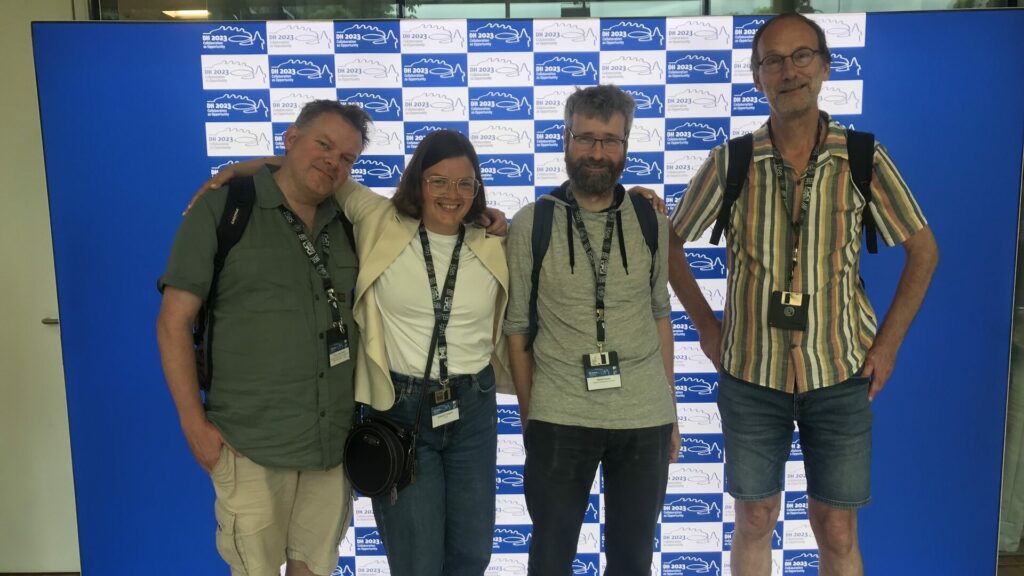- Choose a bookby Katja TershkoPlanning to organize a book club or literary discussion?Or looking to encourage more reading among students or colleagues? We’ve summarized some key considerations in our infographic to help you choose the perfect book for these activities.
- Lorentz Workshop will come in 2025by Katja TershkoThis story began in May 2023. At that moment, already more than a year ago, the journey ahead seemed almost unrealistic, because at that time we were deciding that we wanted to hold the workshop at the very end of our project, in February 2025. At that moment, the project had just moved from the… Continue reading Lorentz Workshop will come in 2025
- Hunger for storiesby Katja TershkoWe all seem to have hunger for stories that we can find among other in literature. The desire to get more stories grows and now we are surrounded by them everywhere. But surprisingly we cannot fully understand, on the one hand, to what extent and how exactly stories told in books impact our lives, and the technology, on the other hand, can be very smart but still not smart enough to tell a good impactful story. My colleague Joris van Zundert calls it a Reversed George Lucas Paradox, meaning that Lucas knew how he wanted to make the “Star Wars” but the technical things didn’t work good enough, but we have beautiful technology and face the challenge of analysing and synthesising the narrative. It’s always better to fill the gaps in research by common effort so we gathered in beautiful ZiFcenter in Bielefeld to contribute to literary studies en get inspiration from each other. With special thank to J. Berenike Herrmann and Federico Pianzola for organising this event and to my colleagues Marijn Koolen and Joris van Zundert for collaborative thinking and support.


